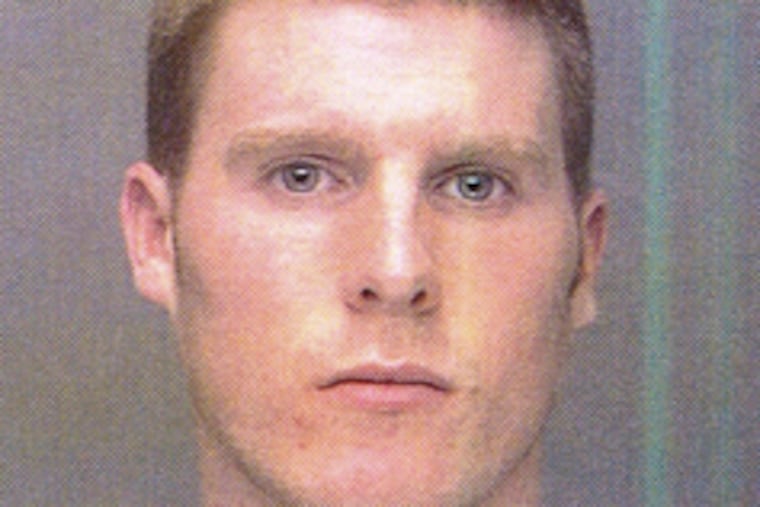Three Temple students surrender in hate attack
Three Temple University students involved in what police described as an anti-Semitic attack on campus Feb. 15 have surrendered to authorities, police said yesterday.

Three Temple University students involved in what police described as an anti-Semitic attack on campus Feb. 15 have surrendered to authorities, police said yesterday.
A fourth student was being sought for his alleged role in the incident, in which a 23-year-old man was punched so hard in the face that he was left with a broken nose and broken orbital bone.
Police said the victim and another man - neither Temple students - were surrounded by the four assailants as they stood on North Broad Street in front of the former house of Alpha Epsilon Pi, described as a predominantly Jewish fraternity.
One of the assailants was alleged to have hurled an anti-Semitic epithet at the victim, whose name was not released. University president Ann Weaver Hart called it a hate crime.
Police identified the three men who had surrendered as Michael Walsh, 20, of Orchard Road, Florham Park, N.J; David Scott, 20, of Maple Avenue, Willow Grove; and Stephen Scott, 19, also of Maple Avenue, Willow Grove.
The fourth suspect has not been identified.
All three have been suspended from Temple, officials said. The university said Walsh and David Scott are students in the Fox School of Business. Stephen Scott is in the College of Liberal Arts.
Jillian Russell, a police spokeswoman, said the three faced charges of aggravated and simple assault, ethnic intimidation, recklessly endangering another person and criminal conspiracy.
The incident has caused great concern in the campus community.
Dozens of students, faculty and parents crowded into Temple Hillel last night to discuss the crime and the university's response.
The father of the most seriously injured boy, who asked that he not be identified to maintain his son's anonymity, said the apparent hate crime had devastated his family, particularly his own father, who survived five years in a World War II concentration camp.
"He was really hurt by this," the man said. "He thought he left Europe and left that behind him."
The victim's father described getting the phone call telling him his son had been injured and thanked university administration and police for their quick response to the attack. But, he noted, smaller anti-Semitic incidents in the past were warning signs that had been missed.
"Everybody here, everyone in this school, is responsible for one another," he said. "Thank God my son will be just fine. It could have been a very different phone call."
During the meeting, students described other anti-Semitic incidents:
One woman said she was thrown out of a fraternity as people shouted, "Jew! Jew!" when she revealed her religion.
A man said the Israeli flag had repeatedly been ripped off his car and his reports to the campus police had been largely ignored.
A woman described how another student had used a class e-mail list to send out a link to an anti-Jewish video - and how the professor responded to her complaint by advising her to respect other people's views.
Barry Morrison, Philadelphia regional director of the Anti-Defamation League, noted that anti-Semitic incidents are common, but added that something could be done.
"This is your community. You all have a stake in it . . .," Morrison said. "People will look at incidents like this as not only problems, but also an opportunity to build."